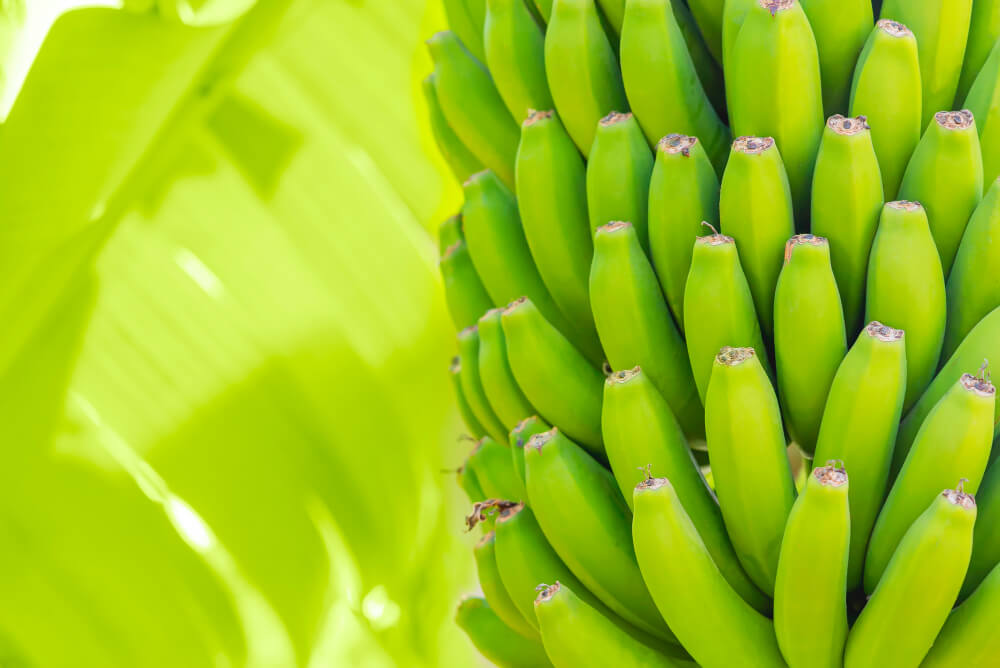
The humble banana is more than a breakfast staple. It is the world’s most consumed fruit, a vital source of income for millions of farmers, and a linchpin in global trade. Yet climate change is threatening production in the industry’s historic powerhouses. According to a new report from Dutch financial services group Rabobank, rising temperatures, erratic rainfall and the spread of deadly diseases such as Tropical Race 4 (TR4) could undercut yields in Latin America—potentially handing Africa a golden opportunity.
Why Latin America’s Banana Belt Is Under Threat
For decades, countries like Colombia, Costa Rica, Guatemala and Panama have dominated banana exports to the United States and the European Union. Today they face a triple threat:
- Warmer climates that stress plants and encourage disease.
- Unpredictable rain patterns that disrupt planting and harvesting cycles.
- Soil-borne pathogens like TR4 that spread rapidly and resist treatment.
Rabobank’s report, titled “Climate change could compromise European and US banana sourcing,” warns that by 2050 productivity in these top exporters could decline sharply. Colombia, the world’s fourth-largest banana exporter, is already classified as high risk due to its vulnerability. As yields fall and production costs rise, these nations may lose their competitive edge in key markets.
Africa’s Growing Advantage
Meanwhile, many regions in Africa are projected to experience milder changes in temperature and rainfall by mid-century. Rabobank highlights two standout performers:
- Côte d’Ivoire remains Africa’s top banana exporter. Improved farming practices and investments in disease control mean it is uniquely poised to benefit from climate shifts.
- Cameroon could see significant yield gains, thanks to stable rainfall improvements and the expansion of irrigation systems.
The report suggests that by 2050 African producers could capture an increasing share of EU and US imports. Today, Ecuador, Colombia and Costa Rica supply nearly 75 percent of the European market, while Guatemala, Costa Rica and Ecuador account for 76 percent of US imports. If Latin American output dips, importers will naturally seek reliable alternatives—and African exporters could fill that gap.
Turning Opportunity into Reality
A favourable climate outlook alone will not guarantee success for African growers. Rabobank underscores several critical areas for action:
- Disease Control
African producers already benefit from a reputation for using fewer chemical inputs. However, TR4 and other pathogens do not respect borders. Investments in early-warning systems, resistant banana varieties and improved quarantine measures will be essential. - Yield Improvement
Sustained yield growth depends on access to high-quality planting material, technical training and field extension services. Public-private partnerships can help smallholders boost productivity while meeting international quality standards. - Logistics and Infrastructure
The journey from farm to port must be swift and reliable. Efficient roads, cold-chain storage and modern port facilities will reduce spoilage and ensure timely deliveries to Europe and North America. - Market Intelligence
Understanding consumer preferences—such as demand for organic or fair-trade bananas—will allow African exporters to position their produce as both climate resilient and ethically sourced.
A Call for Collaborative Investment
To seize this moment, African governments, international donors and private investors must collaborate. Targeted financial support can help build nurseries for disease-free seedlings, improve rural roads and strengthen regulatory frameworks. At the same time, buyers and retailers in the EU and US can forge long-term partnerships with African cooperatives, providing technical assistance and guaranteed off-take agreements.
By aligning public policy with market incentives, the sector can deliver wins all around. African farmers gain new income opportunities. Importing countries diversify risk and secure stable supplies. Consumers enjoy their favourite fruit, confidently sourced from climate-resilient producers.
Looking Ahead
Climate change will reshape many facets of our global food system. Rabobank’s analysis makes one thing clear: the world’s banana trade is no exception. As Latin America grapples with hotter, drier conditions and deadly fungi, Africa has a window of opportunity to step into the breach. The clock is ticking, however. Only through coordinated investment in disease control, yield improvement and logistics can African producers convert favourable climate trends into lasting market share.
In the coming decades, the banana on your breakfast plate may well trace its journey from plantations in Abidjan or Douala rather than from the traditional hubs of Central America. By embracing this shift today, African nations can grow not only bananas but also the prosperity of their communities.
Stay updated with the latest farming tips and agriculture industry news from Africa by subscribing to our newsletter. Don’t miss out on valuable insights and updates. Follow us on Twitter, LinkedIn, and Facebook to join our farming community and stay connected with us.


















